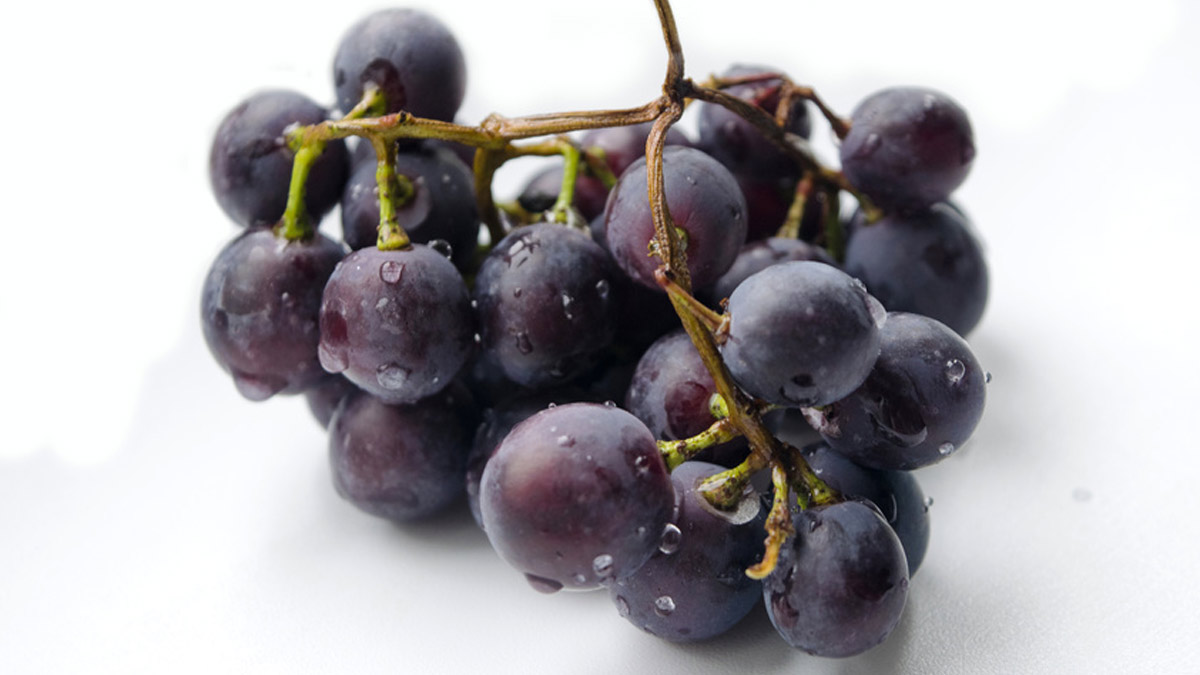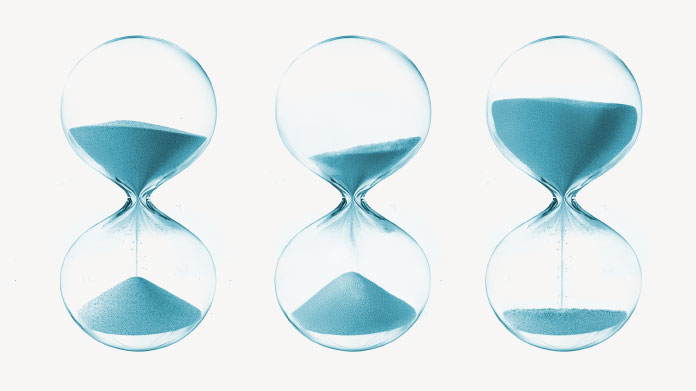Grapes - autumn’s health booster!
The humble grape is without doubt the star fruit of the autumn season! Its popularity, however, is not just due to its deliciously sweet taste but also – and perhaps more importantly – because it offers many benefits for our health.

The grape, autumn’s aid to detoxing
The arrival of autumn often heralds increased interest in the benefits of a grape detox diet. To understand the detoxifying effect of this fruit, we need to look at its composition. High in potassium and low in sodium, grapes have a diuretic effect and speed up the elimination of waste products via the kidneys. They also contain a large amount of water and dietary fibre which together promote waste elimination and cleansing of the body. They are therefore an important part of any detox plan, particularly when combined with powerful heavy metal chelators such as zeolite clinoptilolite.
The grape, an energising food
Along with potassium and dietary fibre, grapes also contain other health-beneficial nutrients. They provide copper and other minerals, as well as vitamins such as vitamin C and certain B vitamins, which together help the body function properly. Their carbohydrate content means they can help restore vigour and vitality, while their high content in quick-acting sugars helps provide energy to muscles in record time. This energy boost is perfect for revitalising the body, particularly following intensive physical activity.
The grape, a concentrate of antioxidants
You will no doubt have heard of the ‘French Paradox’ - the apparent contradiction whereby, despite a high-fat diet and regular consumption of red wine, French people have a lower risk of cardiovascular disease than other populations. The origins of this ‘French paradox’ are to be found in components of the grape called polyphenols. These are powerful, natural antioxidants with health-protective effects, particularly for the cardiovascular system. This cardio-protection is now available in the form of an antioxidant-rich grape seed extract incorporated in the formulation VeinoMax.
The grape, an anti-aging asset
With its high polyphenol content, the grape also offers significant anti-aging potential. The antioxidant activity of polyphenols fight oxidative stress, a process involved in premature aging. Studies suggest that the grape’s anti-aging effects are primarily due to resveratrol, one of the most potent known antioxidants. Extensively-studied, resveratrol has demonstrated beneficial effects for preventing various age-related diseases including cardiovascular disease and certain forms of cancer. Research into this anti-aging molecule has led to the identification and isolation of its bioactive form: transresveratrol, a much-valued substance in the field of nutritional supplementation. To boost its efficacy, this grape polyphenol is sometimes combined with other antioxidants, such as in the case of the complexes Resveratrol Synergy and AntiOxidant Synergy.
The grape, a fruit popular with researchers
It’s clear then, that the grape offers benefits for our health. While its anti-aging and cardio-protective effects receive the most attention, the grape actually boasts an even wider range of therapeutic virtues. For example, polyphenols have been shown to have positive effects on certain skin diseases such as eczema. They have also been studied for their benefits for vision problems, hence the inclusion of a grape seed extract in OptiVision, a dietary supplement formulated to protect eyesight.
Keywords
1 Hours
My skin is clearing up nicely!
Pretty good for my skin so far.
Christian
2 Days
The new packaging is excellent
The new packaging is excellent - finally! No more squashed boxes and torn envelopes.
GORAN
3 Days
Great Product
Great Product
Larry Garrett
7 Days
Quick shipping
Quick shipping; good price. No issues!
Mary McCarty
8 Days
Thr product is very good and is helping…
Thr product is very good and is helping me on my health. Then is always on time
LUGO Luz
11 Days
Buying was fine
Buying was fine. I had problems with the website not recognizing my login info, and had to call to get it fixed. Other than that, everything was good.
David S. Clark
11 Days
Your super maca and super ginseng are…phenomenal
Your super maca and super ginseng are phenomenal supplements that compliment each other when taking them together. Fantastic feeling of well-being and lots of mid day energy without the crash.
Keith Mason
14 Days
I have had amazing results with every…
I have had amazing results with every supplement I've purchased. I am extremely satisfied with this company
kirstin Torres
14 Days
Fine products
Fine products . They are on the leading edge of online supplements. The only issue -so far-is they sometime run out of subscription items.
Jason Argos
17 Days
The ordering process is very user…
The ordering process is very user friendly and the products always come in a timely manner.
CARTER Rhonda
18 Days
The price for Dr
The price for Dr. Pero's AC-11 is reasonable and in line with his views. (my former colleague). Keep it pure.
CAMPBELL Clayton
20 Days
Right on every time.
Right on every time.
Arthur Nicholas
23 Days
They are cheaper than everyone else and…
They are cheaper than everyone else and the shipping was fast. Great company.
Patricia Adams
30 Days
Availability of quality health…
Availability of quality health supplements and it's wide variety is impressive. Ordering is seamless and shipping even during the holidays is well streamlined.
Mohamad Hussein
44 Days
A Product worth waiting for when not…
A Product worth waiting for when not available and then arriving as a surprise!
DOMINIC




